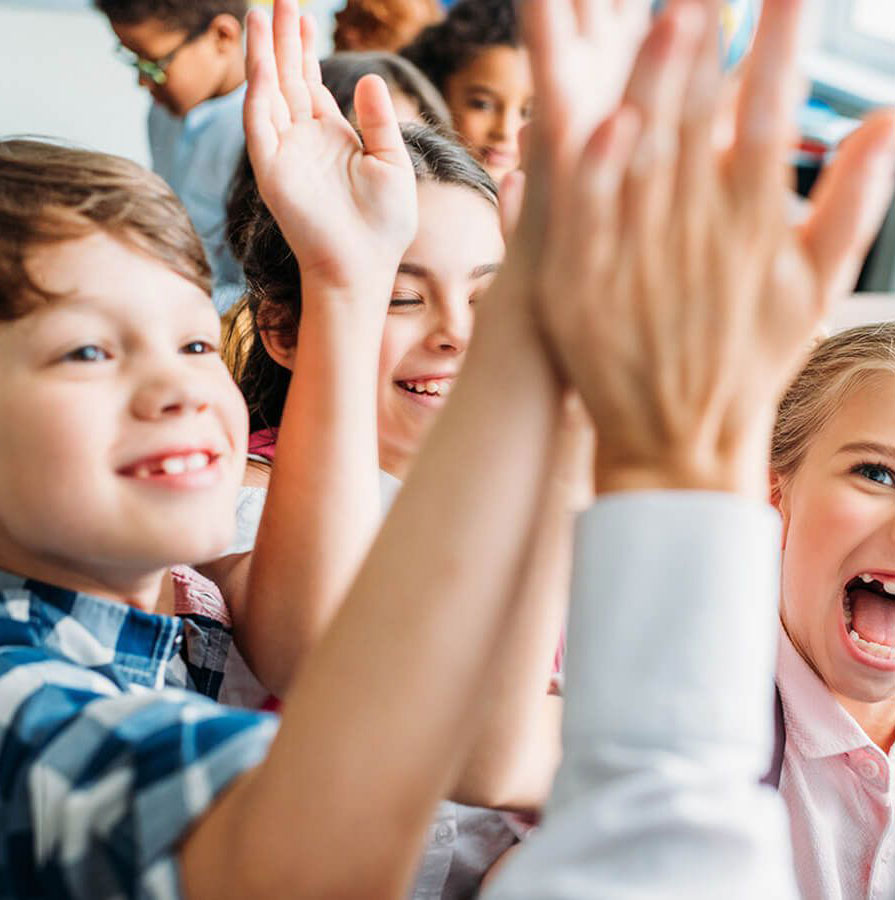INFANT SCHOOL Ι 4 – 5 YEARS

During the first two years of compulsory schooling, Ecole Riviera offers individualised teaching and personalised monitoring of each pupil in an educational environment where pupils grow and develop confidence.
Ecole Riviera has a bilingual French-English study programme. 50% of lessons are taught in French and 50% in English (one day in one language and one day in another language).
We constantly strive to develop the intellectual, emotional, sporting and creative qualities of the children in our care. Fulfilling and stimulating relationships with the teaching staff help pupils progress at their own pace and discover the love of learning and the joy of academic success.
Immersion is one of the keys to success in learning a foreign language. Pupils learn to speak English or French easily as they use the languages in real-life situations and do a variety of activities in their class. Motivated by the desire to participate, the children learn their new language naturally and quickly.

During the first two years of compulsory schooling, Ecole Riviera offers individualised teaching and personalised monitoring of each pupil in an educational environment where pupils grow and develop confidence.
Ecole Riviera has a bilingual French-English study programme. 50% of lessons are taught in French and 50% in English (one day in one language and one day in another language).
We constantly strive to develop the intellectual, emotional, sporting and creative qualities of the children in our care. Fulfilling and stimulating relationships with the teaching staff help pupils progress at their own pace and discover the love of learning and the joy of academic success.
Immersion is one of the keys to success in learning a foreign language. Pupils learn to speak English or French easily as they use the languages in real-life situations and do a variety of activities in their class. Motivated by the desire to participate, the children learn their new language naturally and quickly.
Our school programme is tailored to the age of the pupils and revolves around the six following learning themes:
CONTACT US

GALLERY
“Our well-balanced curriculum enables our pupils to build strong academic foundations.”
“Our well-balanced curriculum enables our pupils to build strong academic foundations.”



